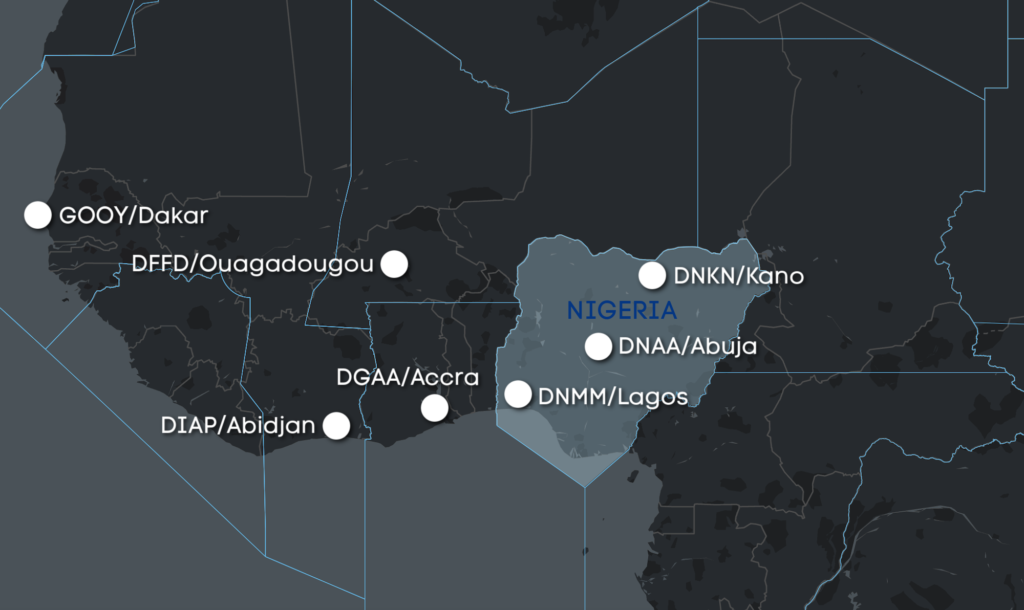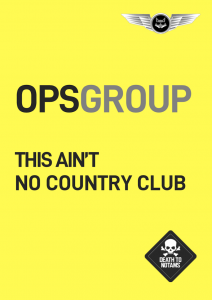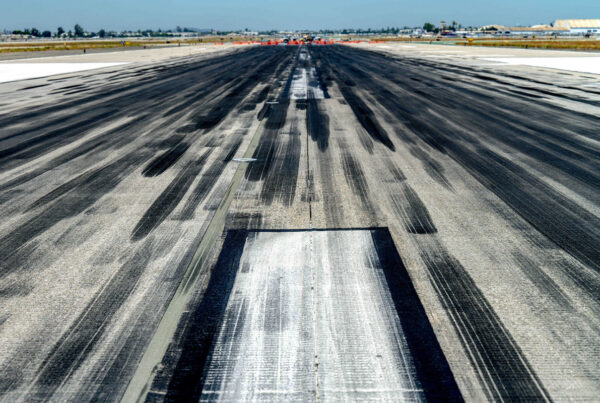There have been growing reports of jet fuel shortages across Nigeria, and since mid-February several domestic airlines have been slowly but surely cancelling flights because of it.
So, what is the situation and what can you expect if you are operating to Nigeria?
From disruptions to cancellations.
Since December, jet fuel prices have almost doubled, and this has seen several of the smaller domestic airlines begin to reduce the frequency of some of their internal flights as they try to manage rising costs.
Lately the situation has grown more serious with some airlines stating they have only 3 days of fuel left, and national flag carrier Air Peace also seeing international flights being cancelled.
The fuel scarcity isn’t just at smaller, domestic airports. It is a nationwide problem, and it seems to be worsening.
Rising costs.
Fuel prices have risen from 190 naira a litre at the end of 2021, to 670 naira ($1.61) a litre in March 2022.
Domestic airlines require around 200 Naira a litre for their operations to remain viable.
So where has all the fuel gone?
Nigeria is Africa’s largest crude oil producer, but they don’t refine it themselves, instead importing almost 90% of motor and jet fuel.
It all began back in February when a batch of 100 million litres of imported gasoline was rejected because it contained unacceptable levels of methanol. This led to a rise in general fuel prices, which led to a spiralling situation of high costs, leading to less available cash, leading to less dollars for buying in more fuel…
The government is not looking like it will extend subsidies to the aviation industry, and so the supply companies just don’t have the cash to bring more fuel in, despite demand.
What about international flights?
The main problem is that no-one is really clear on just how scarce jet fuel is. So if you’re flying in and expecting some for your departure, you might be in for a nasty surprise. Whilst confirming at your destination might be possible, in the event of unplanned diversions it may be more of an issue.

Nigeria isa member of ECOWAS. Several countries in the region are active conflict areas.
But you can check the Notams? Right?
No, of course not. That would be helpful, but so far there don’t seem to be any, at least for the major airports that we checked.
We did ask several handling agents who help arrange fuel at the bigger airports, and they advised that there is indeed a problem and that they cannot currently guarantee fuel. This was confirmed for DNMM/Lagos and DNAA/Abuja.
Can you tanker?
Tankering is an option dependent on your range and uplift capacity. A better option might be a fuel tech stop though.
However, security across this region of Africa is somewhat patchy, so the airports available to you for fuel stops may be limited. Here are some suggestions (direct fuel contacts only):
- DGAA/Accra, Ghana
- Vivo Energy are one of the main fuel suppliers in Ghana: +233 30 2664 636
- AEG Fuel are also a large supplier: +1 305 913 5253 / dispatch@aegfuels.com
- DIAP/Abidjan, Cote d’Ivoire
- Corlay are the primary local fuel supplier: +225 2 121 1515
- GOOY/Dakar, Senegal (west coast)
- AIBD are the main local FBO here: +221 77 569 35 57
- DRRN/Niamey, Niger
- Air Total supply fuel at Niamey: +33 1 47 44 45 46
- AEG are also a supplier
- GVAC/Sal Island, Cape Verde
- OMNI are the main local FBO: +238 241 26 00 / caboverde@omnihandling.com
- GUCY/Conakry, Republic of Guinea
- Try AEG Fuel: +1 305 913 5253 / dispatch@aegfuels.com
- Total might also be able to help +224 628 68 68 92 / mathias.nathan@total.com
- FKKD/Douala, Cameroon
- Check in with Airport Admin: +237 2 33 42 87 62
- Corlay Cameroun are one of the local fuel suppliers: +237 33 42 30 28

Map of some of the international airports in the region for possible tankering options.
More on the topic:
- More: Contaminated Jet Fuel In Nigeria
- More: Trains, Planes and Fuel-mobiles
- More: Is the Fuel Pool Drying Up?
- More: No fuel at LFMN/Nice
- More: Midweek Briefing: End of Canada Leniency, Two hurricanes inbound Hawaii
More reading:
- Latest: FAA Warns on Runway Length Data and Overrun Risk
- Latest: EASA’s New Cyber and Data Risk Rule for Operators in Europe
- Latest: Airport Spy: Real World Reports from Crews
- Safe Airspace: Risk Database
- Weekly Ops Bulletin: Subscribe
- Membership plans: Why join OPSGROUP?











 Get the famous weekly
Get the famous weekly 





